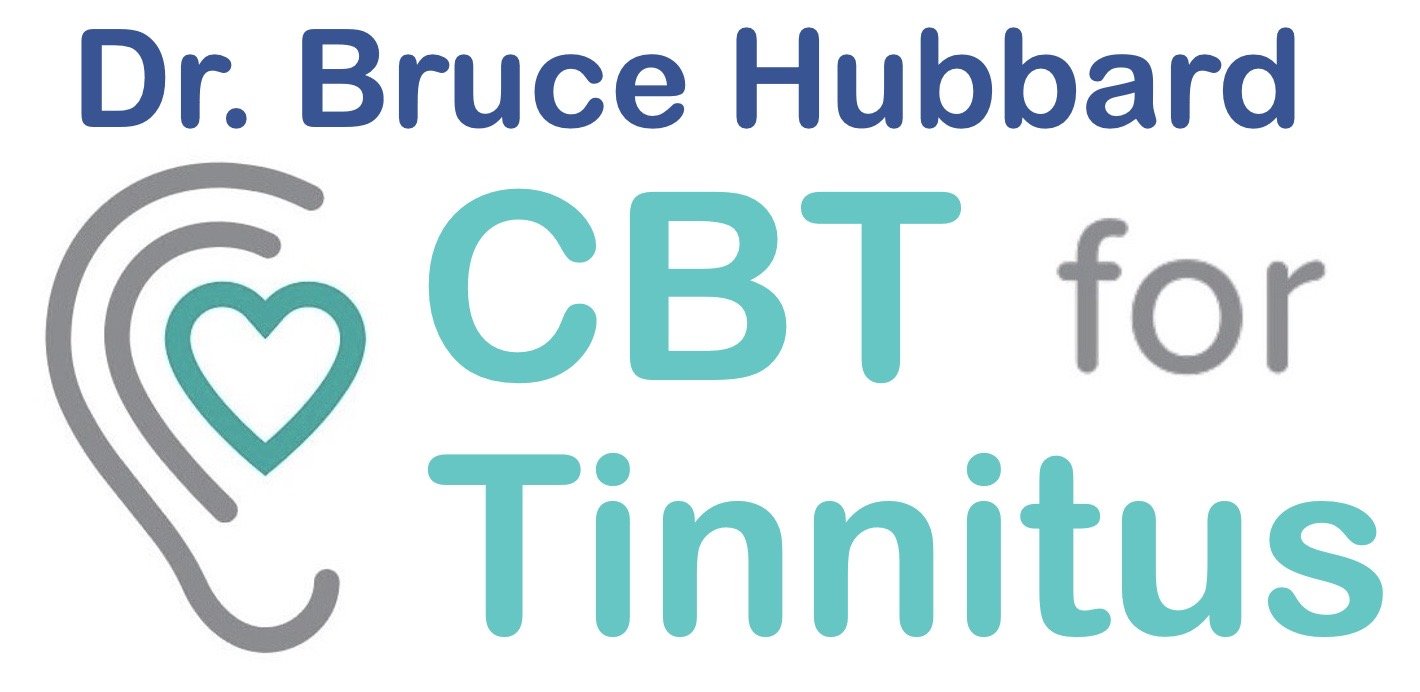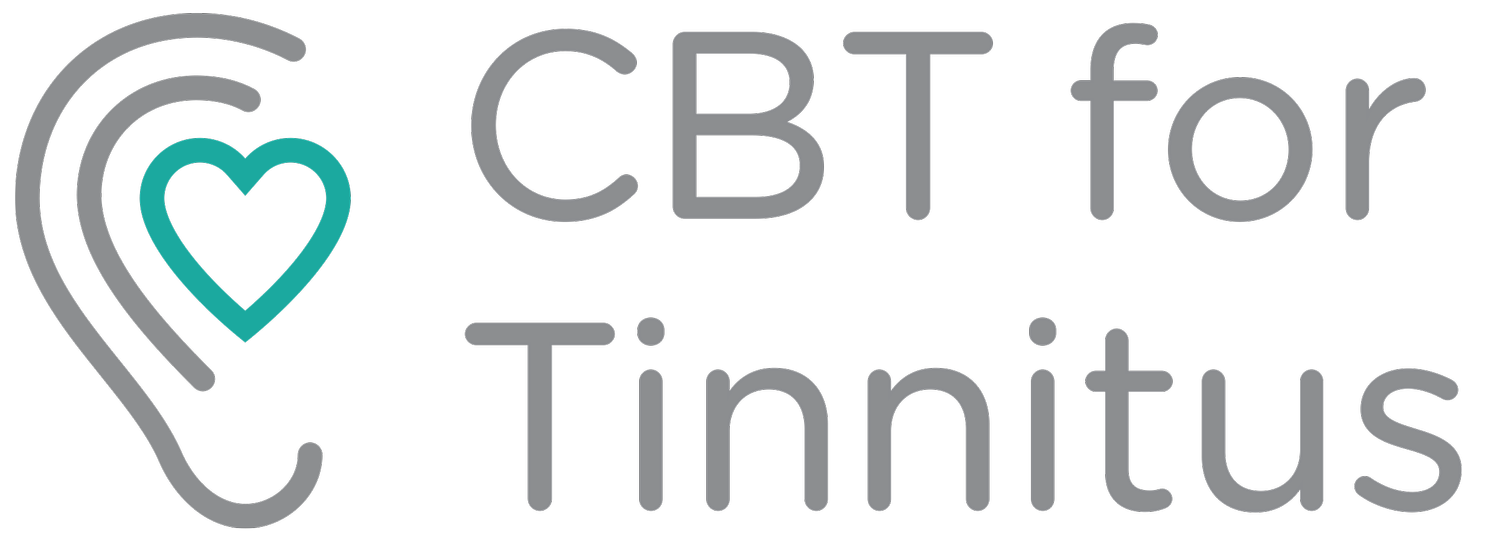ACE Your Tinnitus: Online CBT Program
Break Free of Tinnitus with ACE!
ACE Your Tinnitus is a self-paced, online tinnitus relief program based on Dr Hubbard’s extensive experience as a cognitive behavior therapist and tinnitus treatment expert. A world-renowned authority who also has tinnitus, Bruce teaches from the heart, weaving in helpful illustrations from his personal suffering and full recovery through habituation.
“I no longer notice my tinnitus, which I had thought would never be possible!”
- Deborah C., Piano Instructor, Englewood, NJ
What You Get with ACE
One-On-One
One-on-one meetings with Dr. Hubbard
Online Course
12 hours of video lessons, worksheets, guided mindfulness exercises, and other resources detailing CBT, Acceptance & Commitment Therapy (ACT) and Mindfulness for tinnitus
Weekly
Weekly Tinnitus Coaching Group with Dr. Hubbard
Success Stories
Hear first hand accounts of how Dr Hubbard’s ACE Your Tinnitus program transforms tinnitus!
Tinnitus Habituation Coaching
Dr Hubbard is also available for private coaching sessions
Guidance You Can Trust
Dr. Bruce Hubbard, PhD
I was an experienced cognitive-behavioral psychologist when my life was hijacked by tinnitus. Read my tinnitus success story Following a period of severe distress and disability, I used CBT and mindfulness to achieve full relief. Since my recovery, I’ve helped thousands or others find relief from their tinnitus, too.
I created ACE Your Tinnitus so that as many people as possible who are struggling with tinnitus can access authentic, state-of-the-science CBT and mindfulness and the expert coaching needed to recover and habituate. Credentials/CV.
TRUSTED BY THE BEST
What’s in the Course
The ACE program consists of a course, 1:1 sessions, and group coaching sessions. The course itself makes up the bulk of the program. It is designed to be completed in about eight weeks, but you’ll have access to the content and to the weekly group coaching for one full year. Each week requires about one to two hours of your time plus practice. Start when you’re ready and go at your own pace.
Who is the program for?
Everyone and anyone who is struggling with tinnitus. You could have recent onset tinnitus, or be years into your tinnitus journey. You may have once habituated to a high level, and lost that habituation. You may have habituated to a lower, simpler version of tinnitus and found new, louder, or busier tinnitus has brought you back to square one. You may have tried, or are currently trying other tinnitus treatments. No matter your prior course, this program is designed to help you improve.
Why sign up?
Feel like yourself again!
Enter louder settings with confidence
Eat and drink normally again.
Sleep & concentrate like your former self
Enroll Today
Today is your day to transform your life with tinnitus.
Course FAQs
-
CBT is often oversimplified to mean “change how you think to change how you feel.” In fact, this is based on an out of date version of CBT that was popular in the 1990s. Today CBT stands for a family of clinically proven therapies for tinnitus that involve changing how we think, pay attention, and take action in relation to tinnitus. The goal is not to change tinnitus (no one knows how to do that), but to change how we respond and relate to tinnitus. Doing this softens our perception of tinnitus, helps us adapt and move forward in reengaging effectively in all the important areas of our lives.
-
While many treatments promise tinnitus relief, CBT is the only clinically proven approach, with over a dozen well-controlled studies showing it helps. CBT is the only tinnitus treatment recommended by the American Academy of Otolaryngologists (ENTs; the AAO-HNS), the Cochrane Group, and the European Multidisciplinary Tinnitus Guidelines.
-
If you're struggling with tinnitus and its impact on your daily life, this program is designed for you. Whether your tinnitus is mild or severe, recent onset or long-term sufferer, ACE Your Tinnitus provides effective tools and strategies for relief.
-
Yes, many people meet with Dr Hubbard for a individual coaching session before enrolling in the course. If you choose to enroll, this can be one of the two individual coaching sessions bundled with the course. You may also choose to stop after one session, or schedule a follow up individual coaching session and skip the course.
-
Many people come to this program having been disappointed by other tinnitus treatments, including Lenire and TRT (Tinnitus Retraining Therapy). CBT offers a very different approach to tinnitus. Instead of relying on a device for improvement, CBT empowers you with the skills needed to take charge of your tinnitus, and to refocus on fully rejoining your life. Many people prefer this action-oriented approach which puts the control back in their own hands.
-
Over the course of CBT, people generally do report that their tinnitus becomes less intense and intrusive. However, CBT won’t fundamentally change your tinnitus. No one can do that. CBT will teach you how to reduce your reaction to tinnitus, its impact on your functioning (sleep, concentration, ability to let go and relax) and set you on the path to full recovery.
-
CBT is the most clinically-proven treatment for tinnitus, but, unfortunately, there are very few qualified cognitive behavior therapists who are trained and experienced in treating tinnitus distress. ACE Your Tinnitus is one of few, qualified sources of CBT for tinnitus.
-
While many audiologists claim to offer CBT, audiologists are not qualified to provide this form of treatment and are working without credentials or a proper license. Cognitive behavior therapy is a behavioral health treatment provided by licensed behavioral health professionals. Dr Hubbard is a licensed behavioral health professional who is board-certified in cognitive and behavioral therapies.
-
No. Proponents of TRT often cite an 85% improvement rate, however, there are no scientifically controlled studies to support this claim. In fact, at present, scientific evidence on the effectiveness of tinnitus maskers and tinnitus retraining therapy (TRT) is at best mixed. In their clinical guidelines, the American Academy of Otolaryngology (Ear-Nose-Throat doctors) warns of the “high expense” and “unproven effectiveness” of sound therapy and cautions their proponents against “instilling false hope.” While some people do benefit from maskers and TRT, the program is very expensive. There are inexpensive ways to take advantage of sound therapy. In ACE Your Tinnitus, you’ll learn these methods.
-
Some people do find tinnitus maskers helpful in conjunction with CBT. However, many people find masking to be as or more distracting than tinnitus itself. They find CBT methods, which give them direct control over their response to tinnitus, more helpful. Also, maskers are just one of many methods for accessing the benefits of sound therapy. In ACE Your Tinnitus, you’ll learn inexpensive methods to self-administer sound therapy in conjunction with CBT.
-
If you have moderate to severe hearing loss, hearing aids will help you hear better. However, at present there are no scientifically controlled studies supporting hearing aids as a treatment for tinnitus. While some people find them helpful, many do not. Hearing aids can themselves become a distraction, a source of embarrassment, and a constant reminder that tinnitus is a problem. From a CBT perspective, purchase of hearing aids for tinnitus alone should be a last resort. Also, the use of hearing aids for the sole purpose of tinnitus masking is unnecessary. There are much cheaper alternatives. You’ll learn these alternatives in ACE Your Tinnitus.
-
I’ve created this course with an adult audience in mind. Teenagers may certainly benefit, but be aware that the content is geared toward adult issues.
-
This program is first and foremost an educational program designed to give you the tools and techniques to reduce attention to tinnitus and rebuild a rich and meaningful life. It is not a substitute for therapy. Therapy takes into account many other personal variables that cannot be covered through coaching and a course. However, very few therapists have training and experience to help with tinnitus. This course may supplement your work in therapy. If you are seeing a therapist, I recommend that you ask them to take a look at what the program involves and ask them whether they think the program is right for you.
-
There’s nothing crazy about being distressed by tinnitus. Tinnitus can be awful, and a distress phase is common. Getting the right help for a serious challenge like tinnitus is not weak. It’s smart. CBT is different from other forms of psychotherapy. You don’t just “talk about the problem.” It’s a way of taking charge of your response to tinnitus. You set concrete goals and learn practical strategies to achieve them. Think of CBT as physical therapy for the brain. You learn new ways of behaving, thinking, and paying attention to strengthen emotional muscle and reduce the burden of tinnitus.










